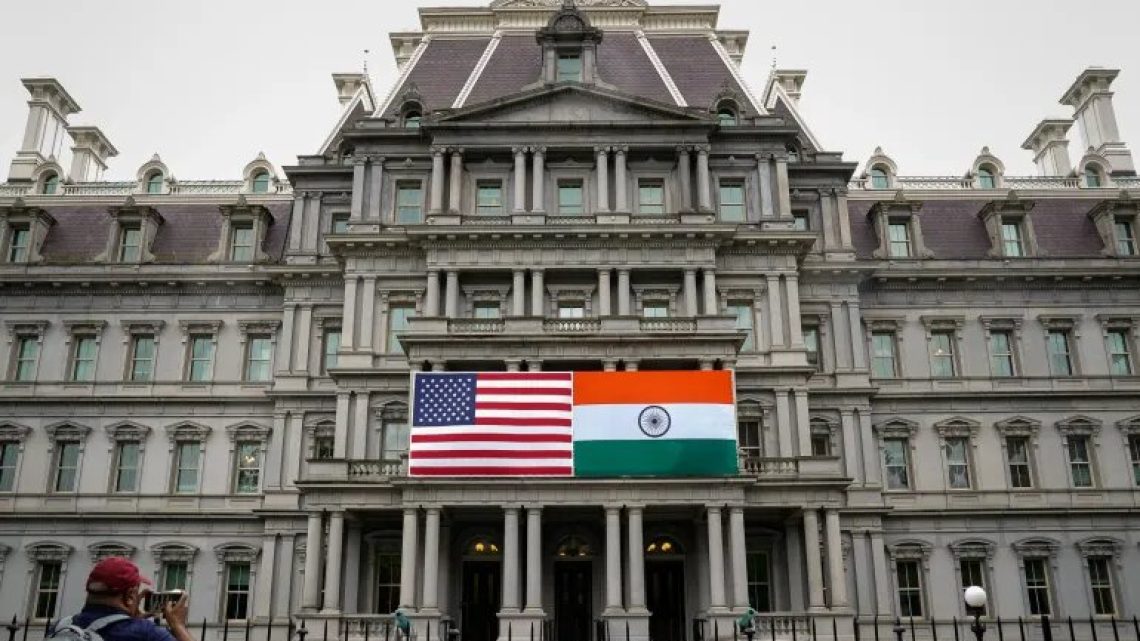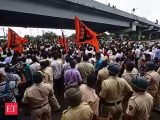
Modi’s Interview and Strains in US-India Relations
January 2, 2024Indian Prime Minister Narendra Modi, known for his infrequent media interactions, made an exception late in December by speaking to the Financial Times regarding the alleged plot involving an Indian agent attempting to assassinate a Sikh separatist, Gurpatwant Singh Pannun, on US soil. The incident has triggered a series of events hinting at strained ties between the United States and India, particularly at a crucial time when both nations are heading towards elections.
Modi downplayed the impact of the alleged extraterritorial and extrajudicial killing plot on bilateral relations, emphasizing the need to separate a few incidents from the broader diplomatic context. However, recent developments suggest a different narrative. FBI chief Christopher Wray’s visit to New Delhi, the release of the US Commission on International Religious Freedom’s report, and President Joe Biden declining Modi’s invitation to attend India’s Republic Day celebrations indicate underlying tensions.
Sushant Singh, a senior fellow at the Centre for Policy Research, notes that the peak of India-US ties in June has cooled down, with the Pannun case playing a role. Despite this, Christopher Clary, a political science professor, compares the situation to turbulence in a commercial airliner, stating that shared concerns about China can smooth over differences.
In India, a growing sentiment questions the wrongdoing of attempting to assassinate Pannun, citing the US operation that killed Osama bin Laden on foreign soil. However, India’s responses to US and Canadian allegations differ significantly. While Canada faced strong retaliation from India, including halting trade talks and reducing diplomatic staff, the response to the US was more measured, pledging an internal investigation.
The US investigation has revealed details, including an indictment against Indian businessman Nikhil Gupta and allegations of an Indian intelligence operative, “C1,” being involved. Reports suggest India may have withdrawn many RAW operatives from North America, and progress on defense deals with the US has slowed.
There is unease in New Delhi over the implications of the Pannun case, with concerns that the communication devices of Indian officials might be under scrutiny. The potential monitoring of secure government communications raises questions about how the US may use the information in the future.
To conclude, while Modi downplays the impact on diplomatic ties, the sequence of events and responses suggest a deeper strain in US-India relations. The Pannun case, along with broader geopolitical concerns, underscores the delicate balance both nations must navigate in their evolving relationship.

